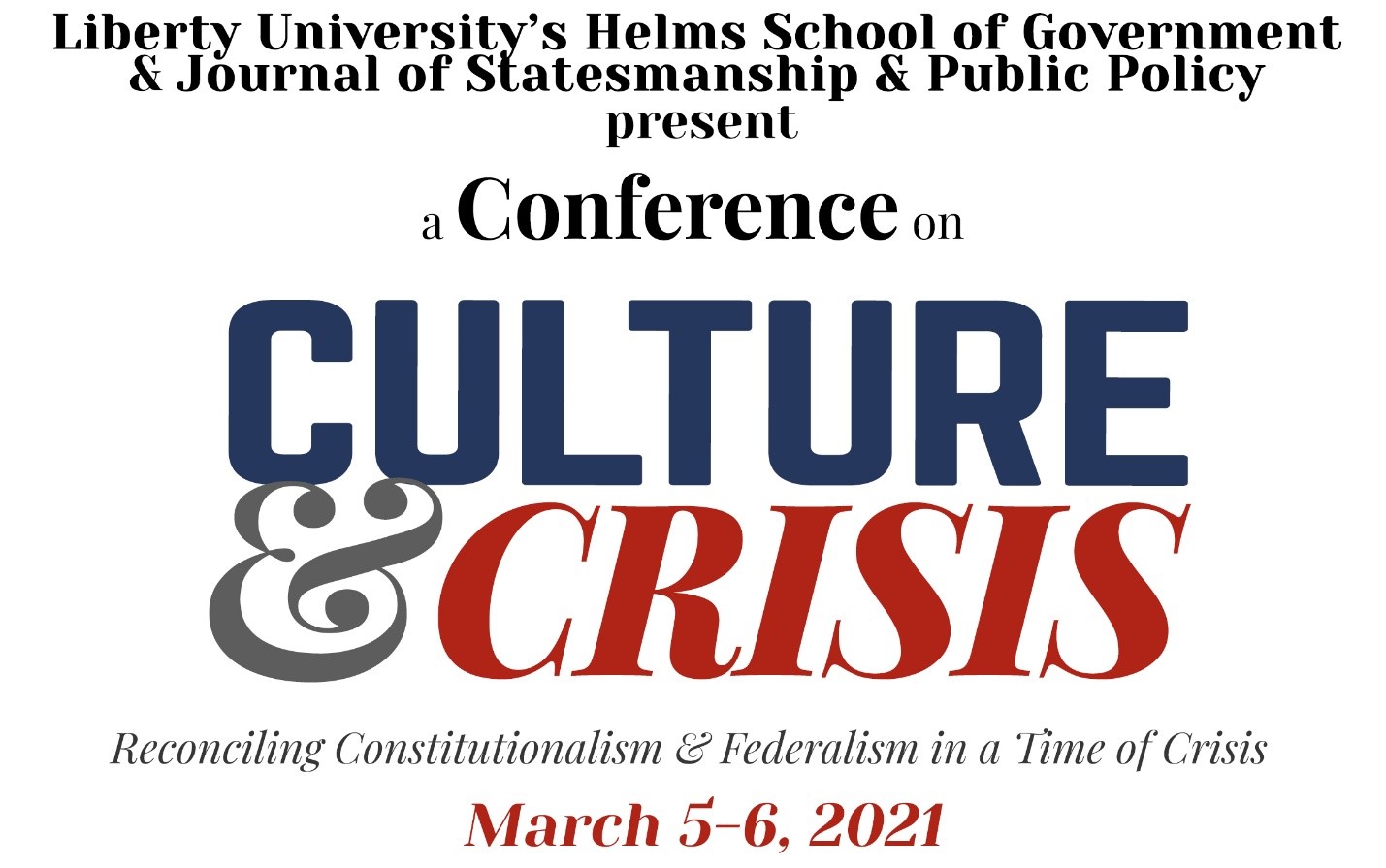Level of Education
Graduate
Keywords
Manumission, Virginia, Quaker, John Lynch
Abstract
This paper is in no way an apology for the institution of slavery in any form. In fact, it is a reiteration of Biblical doctrine and natural rights philosophy that posit all humans are created equal. The institution of slavery knew few bounds throughout recorded history and was as ubiquitous and durable as the activities of marriage or warfare, practiced by every culture and religion (Drescher 2009, 7-8, 12-39). Negro slavery specifically was an institution in all colonies of the New World at some point in history (Davis 1969, vii). The morality of slavery was an unquestioned fact of life throughout the history of mankind until the 18th century (Sowell 2011, 18). In 1788, John Jay described this sentiment in a letter, noting that before the Revolution few had questioned the institution of slavery (Dorsey 1851, 56).
Biblical text is devoid of specific prohibition against slavery, a fact sadly used as justification for its continuation (Blake 1857, 408). The Quakers, however, were one of the few religious groups who invoked Scriptural admonitions to publicly question the status-quo of the seemingly unshakeable “peculiar institution” in the thirteen colonies (Helg 2019, 1, 39). This paper will discuss a brief historical background of manumission, the evolution of manumission in Virginia and the natural rights doctrines and Quaker teachings that guided notable Virginian slave holders, including Lynchburg’s founder John Lynch, to voluntarily manumit their slaves nearly eighty years before Lincoln’s Emancipation Proclamation in 1863.
Included in
African American Studies Commons, Biblical Studies Commons, Christian Denominations and Sects Commons, Christianity Commons, Ethics in Religion Commons, Political History Commons, Public History Commons
Manumission in Virginia: The Anti-Slavery Legacy of John Lynch
This paper is in no way an apology for the institution of slavery in any form. In fact, it is a reiteration of Biblical doctrine and natural rights philosophy that posit all humans are created equal. The institution of slavery knew few bounds throughout recorded history and was as ubiquitous and durable as the activities of marriage or warfare, practiced by every culture and religion (Drescher 2009, 7-8, 12-39). Negro slavery specifically was an institution in all colonies of the New World at some point in history (Davis 1969, vii). The morality of slavery was an unquestioned fact of life throughout the history of mankind until the 18th century (Sowell 2011, 18). In 1788, John Jay described this sentiment in a letter, noting that before the Revolution few had questioned the institution of slavery (Dorsey 1851, 56).
Biblical text is devoid of specific prohibition against slavery, a fact sadly used as justification for its continuation (Blake 1857, 408). The Quakers, however, were one of the few religious groups who invoked Scriptural admonitions to publicly question the status-quo of the seemingly unshakeable “peculiar institution” in the thirteen colonies (Helg 2019, 1, 39). This paper will discuss a brief historical background of manumission, the evolution of manumission in Virginia and the natural rights doctrines and Quaker teachings that guided notable Virginian slave holders, including Lynchburg’s founder John Lynch, to voluntarily manumit their slaves nearly eighty years before Lincoln’s Emancipation Proclamation in 1863.



